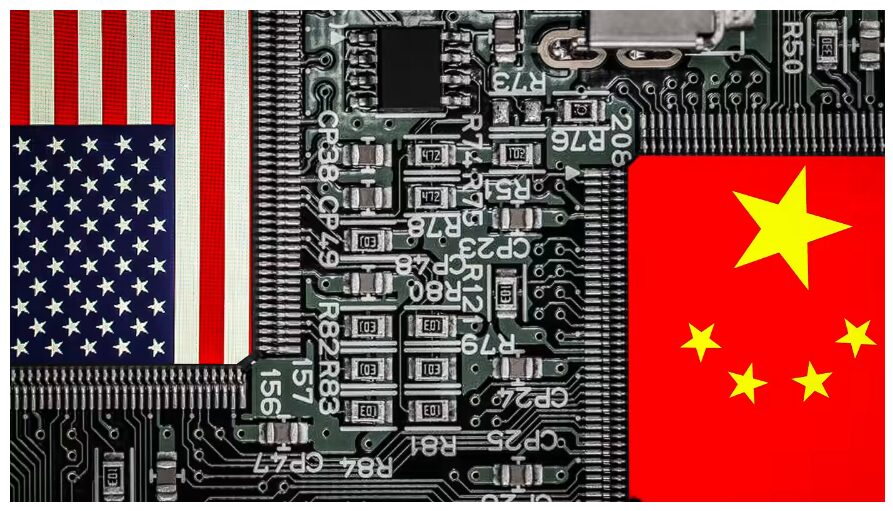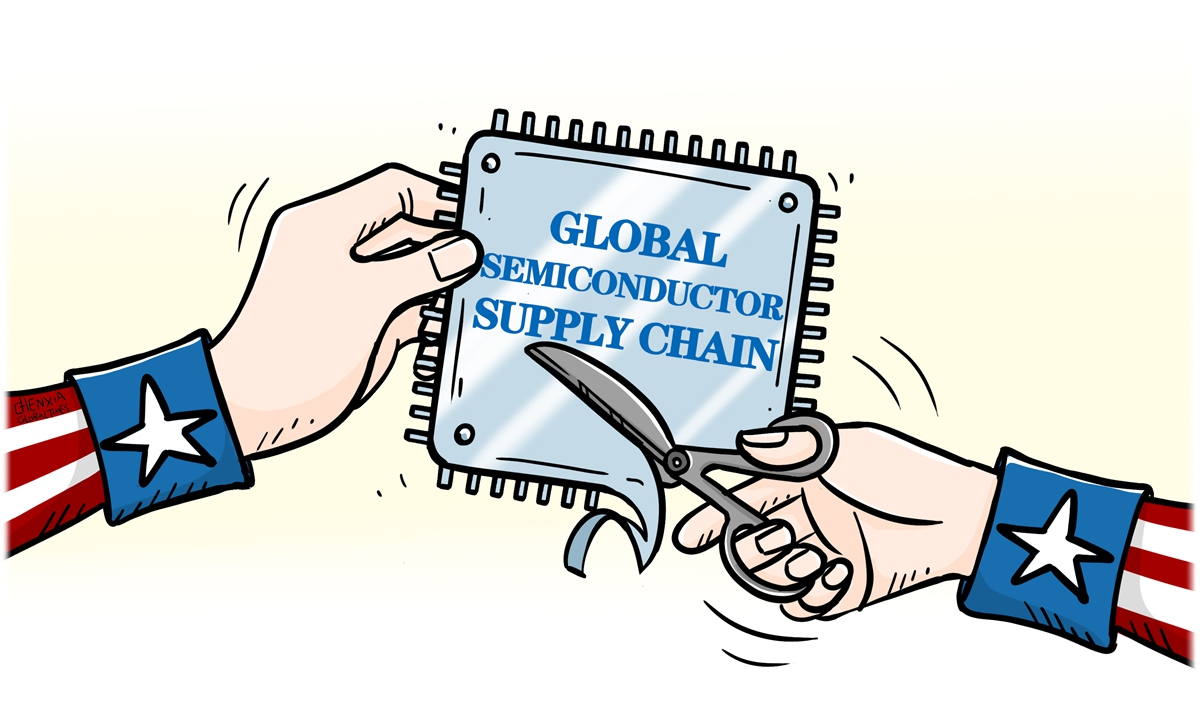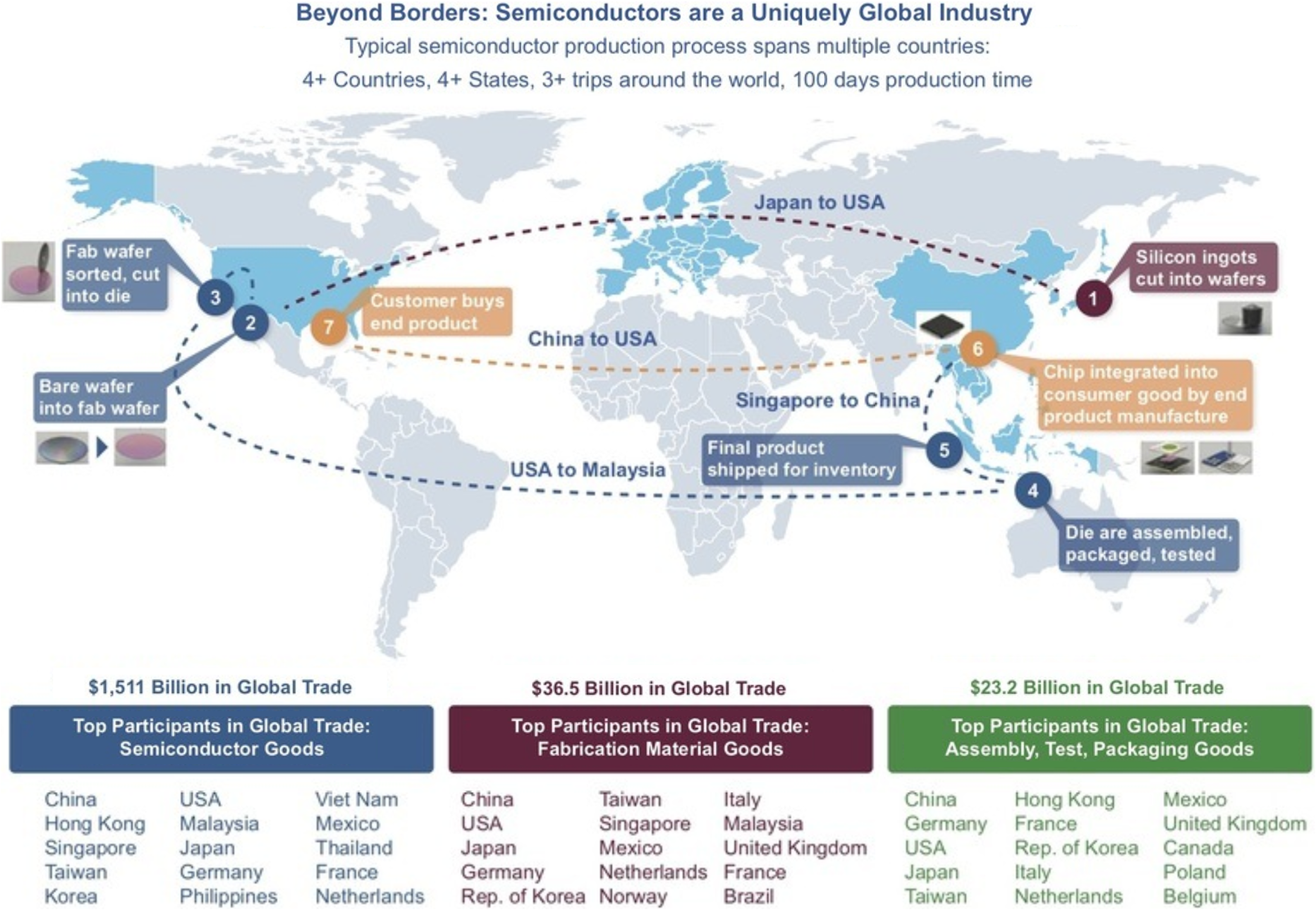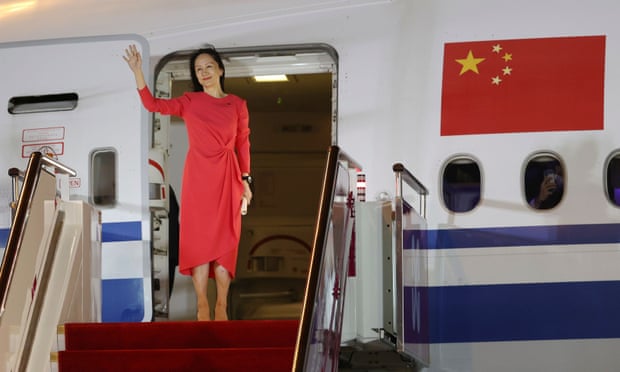
Warwick Powell, Adjunct Professor at Queensland University of Technology, Senior Fellow at Beijing Taihe Institute
Oct 04, 2024
By insisting on protocols that enable cross-national interoperability in a world that lacks trust, the concept aims to break the grip of a handful of American tech giants while offering a chance for open-source systems to reestablish the sovereignty of all.
Harvey Dzodin, Senior Fellow, Center for China and Globalization
Mar 27, 2024
The US was shocked out of its 20th century global isolationism on December 7, 1941 when Japan attacked Pearl Harbor. Ever since that era when a dirt-poor, war-torn China was still being derided as the “sick man of Asia”, the US has kept trying to maintain its lock on advanced technological global hegemony, doing whatever it takes to be #1, albeit with declining success.
Zhong Yin, Research Professor, Research Institute of Global Chinese and Area Studies, Beijing Language and Culture University
Oct 24, 2023
America’s sanctions have brought huge losses to its own companies, and Huawei has made an advanced chip anyway, despite heavy suppression. It’s a technological miracle signaling that China may have achieved technological independence.
Stephen Roach, Senior Fellow, Yale University
Oct 03, 2023
The debate over the difference between tactics and strategy is as rich as it is enduring. In his seminal 1996 article in the Harvard Business Review, Harvard’s Michael Porter tackled this issue head on. While his focus was business, his arguments can be applied much more broadly – including to today’s Sino-American rivalry.
Wu Zhenglong, Senior Research Fellow, China Foundation for International Studies
Feb 13, 2023
A ban on the export of advanced chip manufacturing equipment to China by the Netherlands and Japan, imposes sweeping restrictions. The ban aims to contain China’s semiconductor industry and further widen America’s tech lead. But it’s not going to work.
Stephen Roach, Senior Fellow, Yale University
Feb 01, 2023
Technology is ground zero in the conflict between the United States and China. For the American hegemon, it is about the leading edge of geostrategic power and the means for sustained prosperity. For China, it holds the key to the indigenous innovation required of a rising power. The tech war now underway between the two superpowers could well be the defining struggle of the twenty-first century.
Leonardo Dinic, Advisor to the CroAsia Institute
Jan 11, 2023
National security and data risk concerns between the U.S. and China are continuously increasing, potentially leading to a ‘Cold War’ between the two countries.

Sun Bingyan, Vice Director of Research Center for Intellectual Property and Technological Security, University of International Relations
Wang Dong, Professor and Director, Institute for Global Cooperation and Understanding, Peking University
Aug 15, 2022
Washington wants to build a “small chip world” for itself that is decoupled from global supply chains. This is pure fantasy. The act can neither help the U.S. achieve a secure supply chain nor rejuvenate its domestic chip manufacturing sector. And it won’t slow China down either.

He Weiwen, Senior Fellow, Center for China and Globalization, CCG
May 17, 2022
A robust semiconductor supply chain without China is out of question, while complimentary China-U.S. cooperation would make the global supply chain both complete and resilient for years to come.

Hui Xiao, A retired economist in Hong Kong
Oct 02, 2021
I, like almost all Chinese compatriots, am most delighted that Ms. MENG Wanzhou was able to come home from Canada where she had been under house arrest based on a U.S. extradition request since December 2018. It was a long ordeal for her—losing her freedom and missing her family for more than a thousand days!